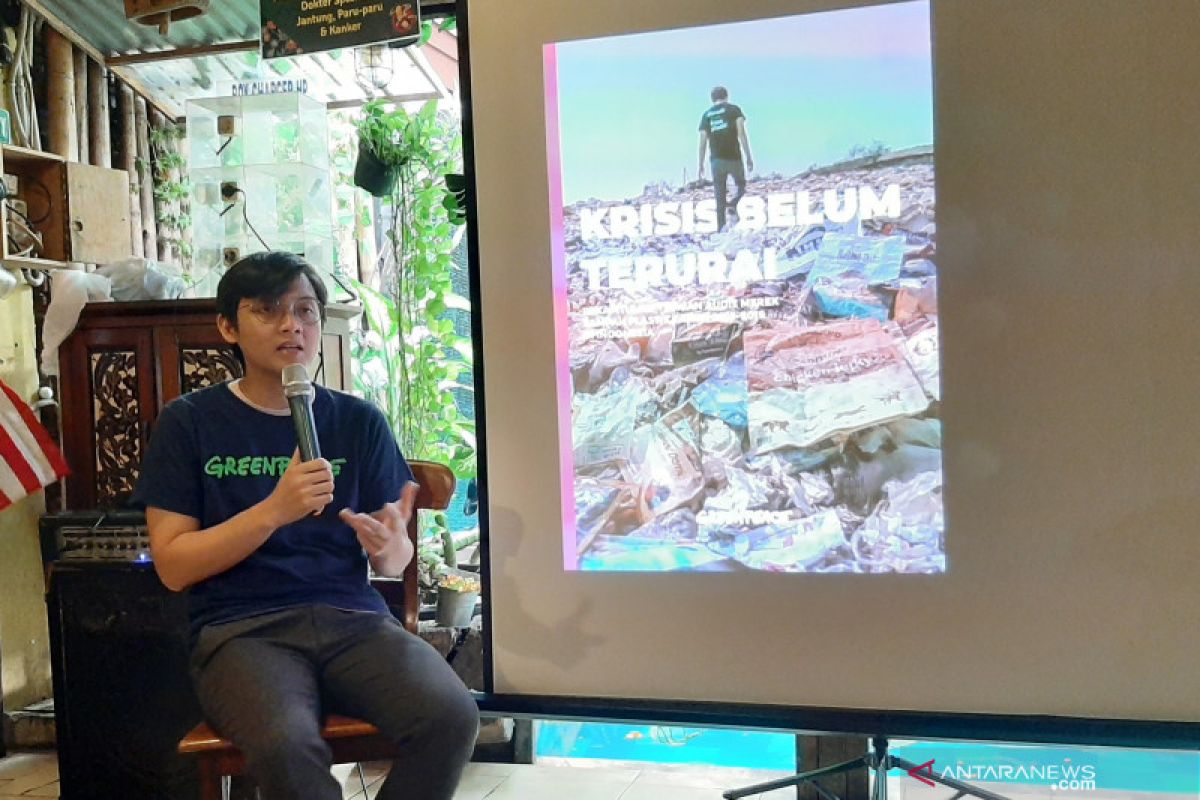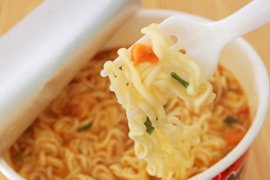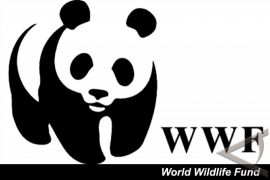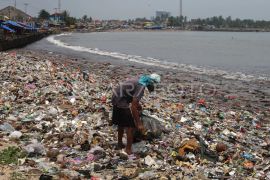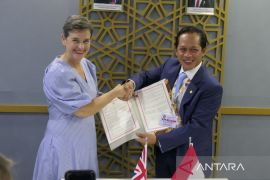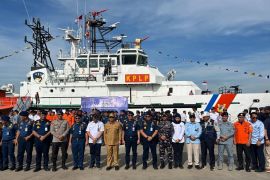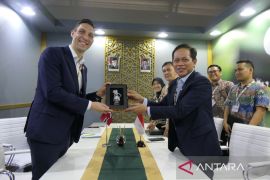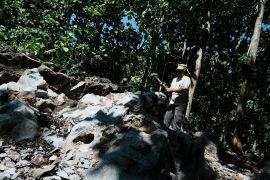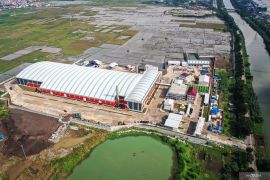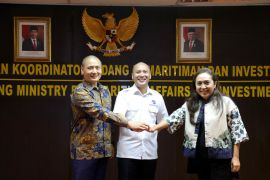Most of the plastic waste is that from instant noodles, and in 2019, the waste collected in the action had mostly come from local companies.Jakarta (ANTARA) - Plastic waste arising from local food and beverage products, mostly instant noodle brands, chiefly constituted the waste collected in the brand audit conducted by Greenpeace Indonesia in 2019.
"Most of the plastic waste is that from instant noodles, and in 2019, the waste collected in the action had mostly come from local companies," Urban Campaigner at Greenpeace Indonesia Muharram Atha Rasyadi stated during a discussion here on Tuesday.
A total of 1,645 items found by Greenpeace Indonesia and volunteers partaking in the Break Free From Plastic global movement in 2019 were mostly single-use bottles of mineral water, food packaging, and instant noodles.
The audit was conducted in eight cities from different provinces, namely Tangerang in Banten, Pekanbaru in South Sumatera, Bandung in West Java, Semarang in Central Java, Yogyakarta, Makassar in South Sulawesi, and Bali.
Related news: Minister launches Clean Indonesia Movement to reduce plastic waste
However, Rasyadi admitted that the finding had yet to represent the situation across the country, as the waste samples were only collected in certain areas.
The brand audit is aimed at calling on companies operating in the packaged food and beverage industries to hold accountability for the extensive use of single-use and throw-away plastic packaging in their products.
"To call on those companies to realize that waste from their products were found extensively in coastal areas, beaches, and in the ocean. We hope that they would be accountable for the plastic waste," he emphasized.
In addition to food and beverage plastic packaging, Greenpeace Indonesia has found unbranded plastic waste in the areas.
Related news: Fisheries Ministry to reduce single-use plastics in fishing ports
During the 2016-2019 period, 54 percent of the plastic waste collected in the campaign was unbranded waste, with plastic straw being the first, followed by plastic bags and cigarette butts.
On the occasion of World Clean Up Day on September 21, 2019, individuals and organizations worldwide mobilized their communities to conduct clean-ups and brand audits to hold corporations accountable for the extensive use of single-use and throw-away plastic packaging in their products.
The Break Free From Plastic global movement engaged 72,541 volunteers in 51 countries to conduct 484 brand audits. These volunteers collected 476,423 pieces of plastic waste, 43 percent of which was marked with a clear consumer brand.
Coca Cola was found for the second consecutive year to be the most polluting brand in the global audit, and it was responsible for more plastic litter than the next top three polluters combined.
Related news: Minister stresses public participation in war on plastic waste
Related news: "Kresek" to "besek", Jakarta's plastic waste reduction effort on Eid
Translator: Prisca Triferna V, Sri Haryati
Editor: Yuni Arisandy Sinaga
Copyright © ANTARA 2019
